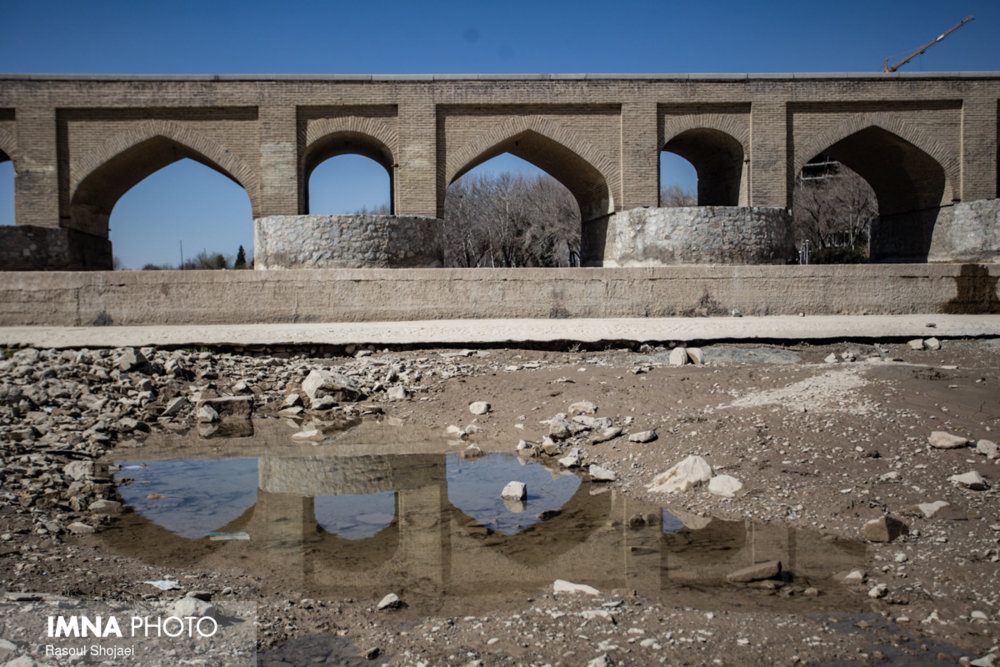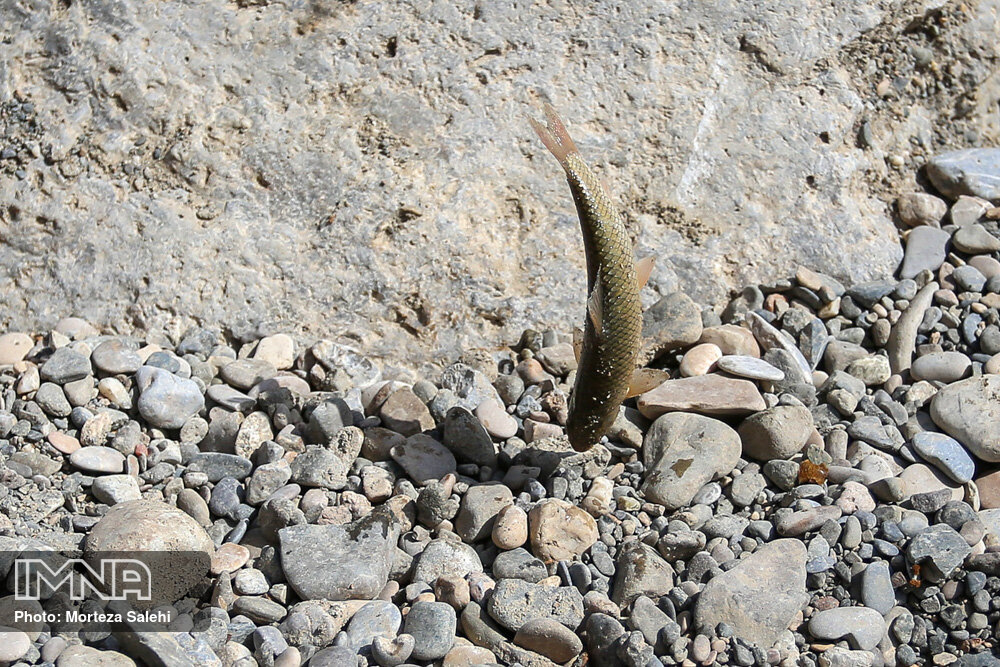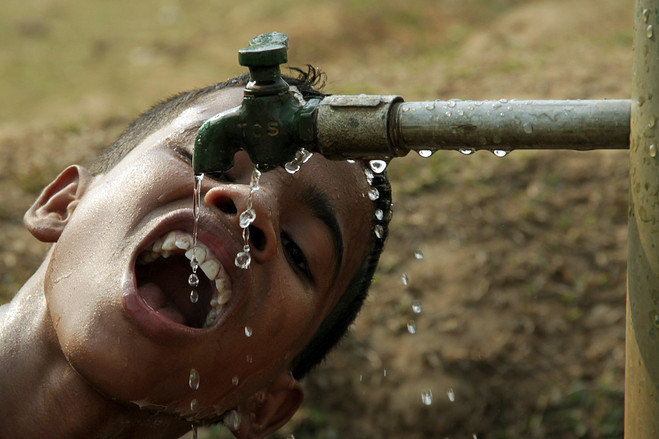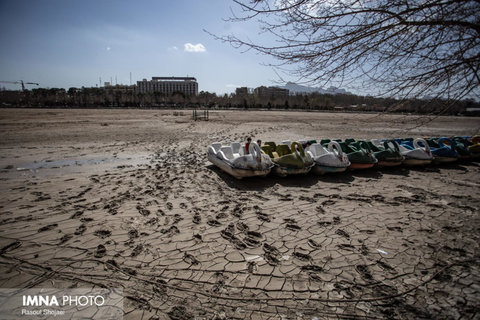Iran (IMNA) - Geographically, Iran is located in an arid and semi-arid place on the planet Earth. Over the centuries farmers had been telling and warning about droughts.Add to this global warming which Iran is one of its major victims.
Two years ago, when there were incessant rains in early spring, a misconception was formulated in the mind of a great number of people that the era of drought in Iran is over. They were in fact ignorant of this scientific fact that the heavy rainfall was itself a result of global warming.
The heavy rainfalls in the early spring of 1399 (March-April 2020) did a great blow to infrastructure projects in west and southwestern Iran. The floods washed away roads, bridges, destroyed farmlands, and flooded homes, causing hundreds if not billions of dollars in damages.
The same farmers whose farmlands or houses fled unscathed in the heavy rainfalls and the ensuing floods are now in a state of depression as precipitation has decreased greatly in the current year.

In 2020, farmers rushed to develop paddy fields that need a huge amount of water. Agricultural experts say that producing each kilogram of rice needs about 5000-6000 liters of water, depending on the climatic situation of the region.
Growing rice has been peculiar to northern Iran, in the provinces of Gilan, Mazandaran, and parts of Golestan. However, the cultivation of rice started spreading in many provinces across Iran, even in arid provinces, some 25 years ago. The chief reason for growing rice was its economic benefits in comparison to other crops.
Overuse of water has also led many rivers to dry up. Most rivers have turned into seasonal ones.
Kaveh Madani, a senior lecturer of environmental management in the Centre for Environmental Policy at the Imperial College London, says drying lakes and rivers, declining groundwater resources, land subsidence, water contamination, water supply rationing and disruptions, forced migration, agricultural losses, salt, and sand storms, and ecosystem damages are the modern water-related issues of Iran which were once recognized as the pioneer of sustainable water management.

Qanats in Iran were clear proof of how Iranians had been managing water use in the course of history.
Farmers have been chiefly using underground water to feed paddy fields, a move which has led to a great depletion of underground water resources in many places in Iran.
Despite low precipitation and depletion of underground water, there seems to be no sign that farmers intend to replace high water-consuming crops with those needing less.
Still, watermelon is being extensively cultivated. This is despite the fact that every kilogram of watermelon consumes between 300-400 liters of water.
The problem does not lie only with the Agriculture Ministry who has reluctant or unable to convince farmers that such excessive use of underground waters will turn Iran into an uninhabitable place in the coming decades if compensatory measures are not taken.
Most people in cities are also oblivious or uncaring toward water scarcity. In the same way that people are used to excessive use of gasoline because of its low price, they are also accustomed to using water excessively. The Ministry of Energy is responsible for failing to implement a plan to force citizens to stop using water more than what is necessary.
Despite water scarcity, people still use a few hundred liters of drinkable water to clean their yards and parking lots. They can do this by using just dozens of liters of water, but since there is no encouragement or supervision most citizens don’t care.
Only citizens in arid places like Yazd, Kerman, and Sistan-Balouchestan cherish water.
If our hearts beat for Iran, we should highly value water and use new technologies to save water, otherwise, we make our homeland an uninhabitable place.

By M.A. Saki
Source: Tehrantimes


Your Comment